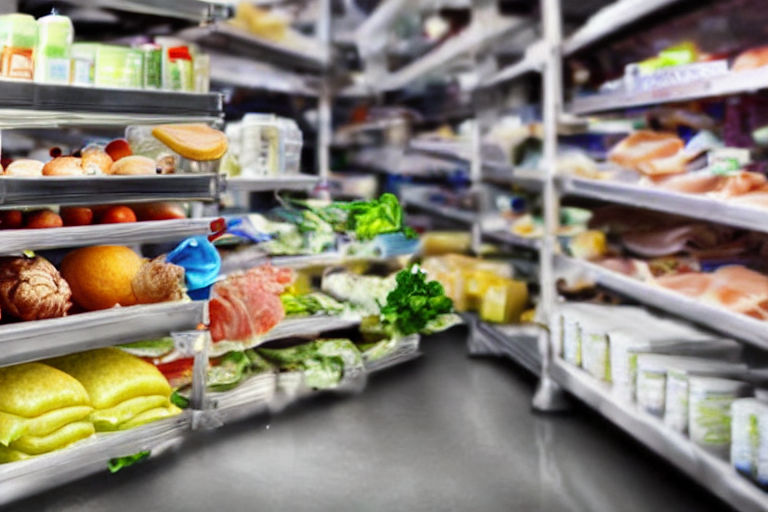The Importance of Food Safety: How to Prevent Foodborne Illnesses
Food safety is a crucial issue that affects everyone. Foodborne illnesses are a public health problem globally, causing serious illnesses and sometimes even death. Therefore, it's essential to raise awareness about food safety and take all necessary precautions to prevent foodborne illnesses.
What is Food Safety?
Food safety refers to the practices that ensure that food is free from contamination, harmful bacteria, viruses, or other microorganisms that can cause illness or disease. It involves all the steps involved in food production, processing, handling, and storage, including cooking and serving.
The Importance of Food Safety
Food safety plays a vital role in preventing foodborne illnesses. The consequences of foodborne illnesses can be severe, both for the individuals affected and for public health. People can experience symptoms such as vomiting, diarrhea, fever, and stomach cramps. These symptoms can last for a few days and can be particularly dangerous for vulnerable individuals, such as pregnant women, young children, and the elderly.
Poor food safety and hygiene practices can also lead to food poisoning outbreaks, which can affect tens or even hundreds of people. Such outbreaks can cause significant economic losses and damage the reputation of businesses involved.
How to Prevent Foodborne Illnesses
Preventing foodborne illnesses involves following proper food safety and hygiene practices at all stages of food production, processing, handling, and storage. Here are some essential tips to keep in mind:
- Wash your hands: Always wash your hands with soap and water before handling food or eating.
- Separate raw and cooked food: Keep raw meat, poultry, seafood, and eggs separate from cooked foods to prevent cross-contamination.
- Cook food thoroughly: Proper cooking is essential to kill harmful bacteria and viruses. Use a food thermometer to ensure that food is cooked to the recommended temperature.
- Store food at the right temperature: Keep perishable foods refrigerated at or below 40°F (4°C) and frozen foods at or below 0°F (-18°C).
- Avoid eating undercooked or raw food: Raw or undercooked meat, poultry, seafood, and eggs can contain harmful bacteria and viruses. Always cook food thoroughly.
- Be careful with food preparation surfaces and utensils: Clean and sanitize cutting boards, knives, and other utensils that come into contact with food.
Conclusion
Food safety is everyone's responsibility. Taking necessary precautions when handling food can prevent the spread of foodborne illnesses and ensure a healthy life. By following the tips mentioned above and being aware of food safety practices, we can all contribute to a safe and healthy food culture.



